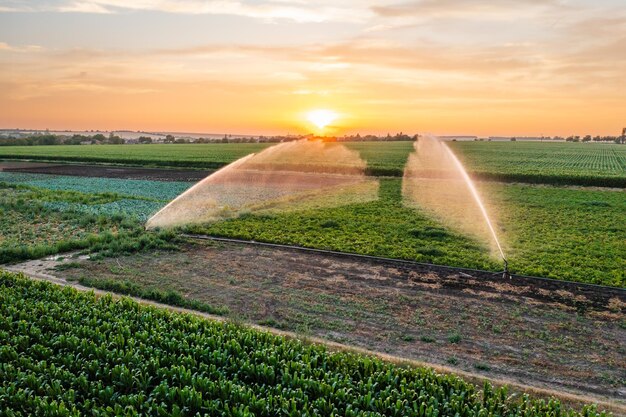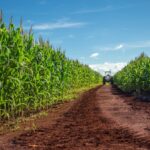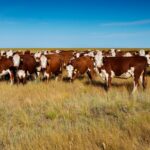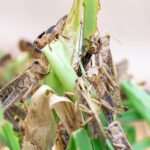Water is one of the most vital resources for agriculture, especially in a country like South Africa, where water scarcity is a significant challenge. For farmers, the ability to conserve water not only ensures the longevity of their crops and livestock but also helps sustain the environment. Here are practical tips and strategies to help South African farmers conserve water and boost productivity.
1. Implement Drip Irrigation Systems
Drip irrigation is one of the most efficient ways to water crops, delivering moisture directly to the plant roots. This method drastically reduces water loss through evaporation and runoff, helping you save significant amounts of water while ensuring your crops get the hydration they need.
2. Harvest Rainwater
Rainwater harvesting involves capturing and storing rainfall for agricultural use. Installing large water tanks or reservoirs to collect rainwater from roofs or fields can help farmers rely less on external water sources during dry spells, providing a sustainable backup supply.
3. Mulch to Reduce Evaporation
Mulching is a simple but effective technique that can reduce water evaporation from the soil. By covering the soil with organic materials like straw, wood chips, or leaves, you not only conserve moisture but also improve soil health and prevent weeds from stealing water from your crops.
4. Choose Drought-Resistant Crops
Switching to drought-tolerant crops can be a game-changer for water conservation. Indigenous plants and crops that require less water, such as millet, sorghum, and certain legumes, are better suited to the South African climate and can help farmers thrive even during periods of water scarcity.
5. Use Soil Moisture Sensors
Investing in soil moisture sensors can help farmers monitor the moisture levels in their fields. This data can be used to make informed decisions about when and how much to irrigate, avoiding overwatering and ensuring that water is used efficiently.
6. Contour Farming and Terracing
Adopting contour farming methods, where crops are planted along the natural contours of the land, helps to slow down water runoff and encourages water infiltration into the soil. Terracing, especially in hilly areas, prevents erosion and retains water where it is needed.
7. Manage Livestock Water Use
Farmers should also monitor the water needs of livestock and ensure that water supplies for animals are efficient. Using automatic waterers, repairing leaks in troughs, and reducing water wastage through proper livestock management can contribute to overall water conservation on the farm.
8. Adopt Conservation Tillage
Conservation tillage techniques, such as minimum or no-till farming, can help reduce water loss. By disturbing the soil less, you allow it to retain more moisture, reduce erosion, and maintain better soil structure.
9. Recycle and Reuse Water
Where possible, reuse water from other farm processes. For example, water used for washing produce can be recycled for irrigation purposes. Greywater recycling systems can also be installed to ensure that every drop of water is used efficiently.
10. Engage in Sustainable Water Management
Farmers should develop a comprehensive water management plan that includes regular monitoring of water usage, implementing water-saving technologies, and staying informed about new conservation methods. Collaborating with local agricultural bodies and participating in water conservation programs can also provide valuable insights and resources.
Water conservation is not just about saving water; it’s about securing the future of farming in South Africa. By adopting these techniques and technologies, farmers can minimize water waste, improve crop yields, and contribute to the sustainability of their farms and the environment. Every drop saved is a step toward a more resilient and prosperous farming future.
Join 'Farmers Mag' WhatsApp Channel
Get the latest Farming news and tips delivered straight to your WhatsApp
CLICK HERE TO JOIN






